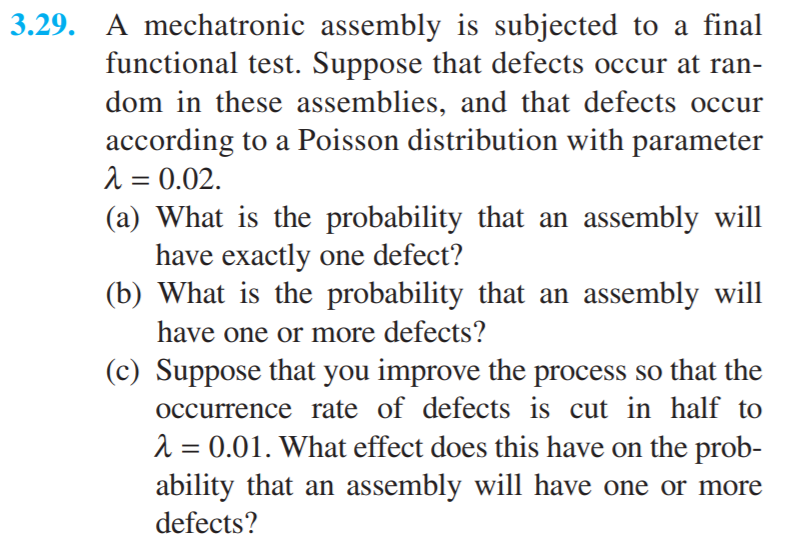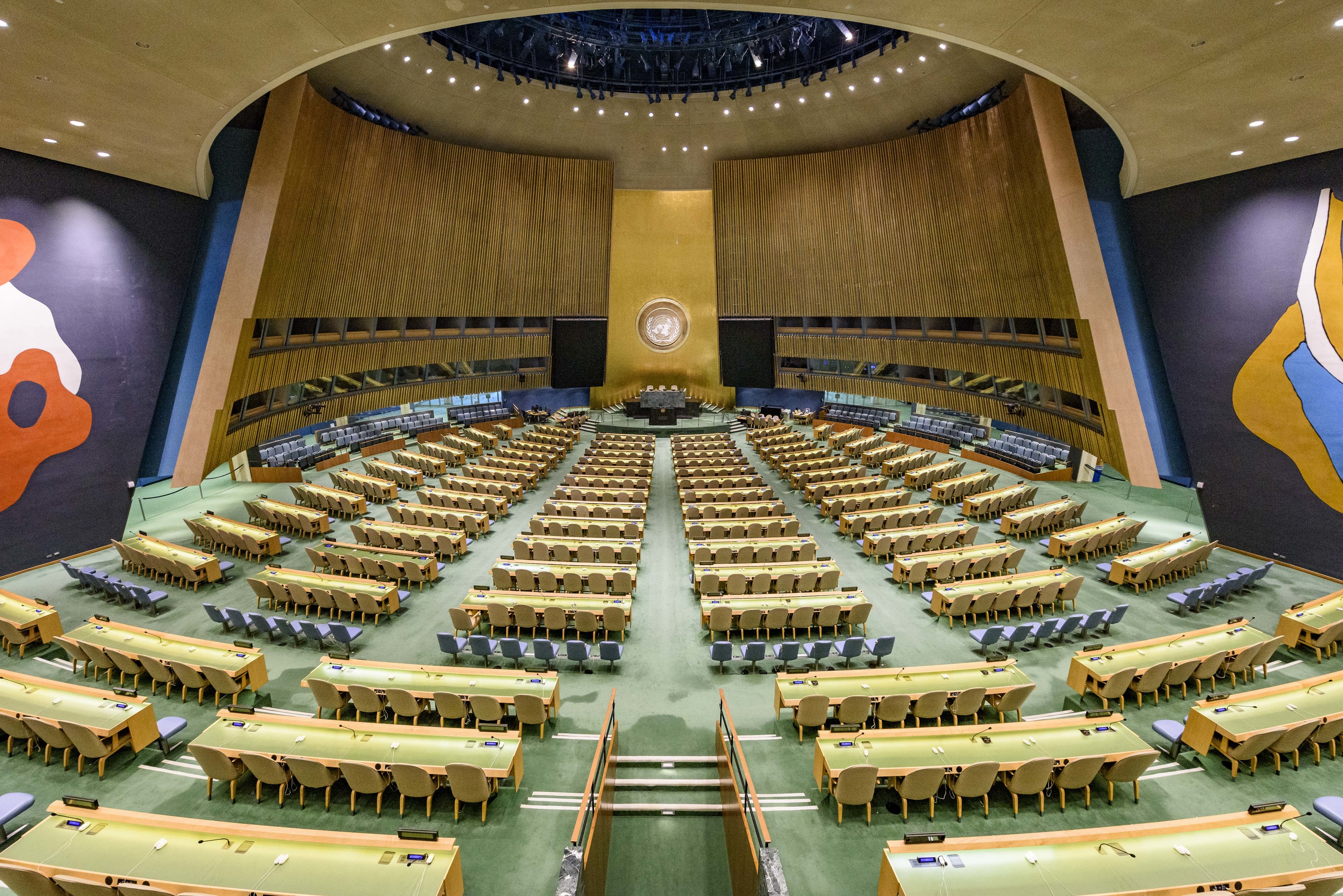

Activists and human rights defenders continued to be systematically subjected to monitoring, harassment, intimidation, arrest and detention. The nationwide crackdown on human rights lawyers and activists continued throughout the year.
#Dom of assembly and association series#
Īccording to the Amnesty International report from 2016/2017 the government continued to draft and enact a series of new national security laws that presented serious threats to the protection of human rights. Chinese human rights attorneys who take on cases related to these issues, however, often face harassment, disbarment, and arrest. Some Chinese activist groups are trying to expand these freedoms, including Human Rights in China, Chinese Human Rights Defenders, and the China Human Rights Lawyers Concern Group. Further issues raised in regard to human rights include the severe lack of worker's rights (in particular the hukou system which restricts migrant labourers' freedom of movement), the absence of labour unions independent of the CCP, the implementation of Social Credit System and its blacklist, which serve to restrict a person and their family members' rights, and allegations of discrimination against rural workers and ethnic minorities, as well as the lack of religious freedom – rights groups have highlighted repression of the Christian, Tibetan Buddhist, Uyghur Muslim, and Falun Gong religious groups. Other areas of concern include the lack of legal recognition of human rights and the lack of an independent judiciary, rule of law, and due process. Numerous human rights groups have publicized human rights issues in mainland China that they consider the government to be mishandling, including: the death penalty ( capital punishment), the one-child policy (in which China had made exceptions for ethnic minorities prior to abolishing it in 2015), the political and legal status of Tibet, and neglect of freedom of the press in mainland China. Chinese nationals whom authorities perceive to be in compliance with these principles, on the other hand, are permitted by the PRC authorities to enjoy and exercise all the rights that come with citizenship of the PRC, provided they do not violate PRC laws in any other manner. PRC officials interpret the primacy of the Four Cardinal Principles as a legal basis for the arrest of people who the government says seek to overthrow the principles. PRC politicians have repeatedly maintained that, according to the PRC Constitution, the " Four Cardinal Principles" supersede citizenship rights.

They do not, however, use the definition used by most countries and organizations. Authorities in the PRC, referring to this definition, claim that human rights are being improved. Authorities in the PRC claim to define human rights differently, so as to include economic and social as well as political rights, all in relation to " national culture" and the level of development of the country. State Department, regularly present evidence of the PRC violating the freedoms of speech, movement, and religion of its citizens and of others within its jurisdiction. Independent NGOs such as Amnesty International and Human Rights Watch, as well as foreign governmental institutions such as the U.S. However, other countries and their authorities (such as the United States Department of State, Global Affairs Canada, etc.), international non-governmental organizations (NGOs) including Human Rights in China and Amnesty International, and citizens, lawyers, and dissidents inside the country, state that the authorities in mainland China regularly sanction or organize such abuses. CCP and PRC authorities, their supporters, and other proponents claim that existing policies and enforcement measures are sufficient to guard against human rights abuses. Human rights in China are periodically reviewed by the United Nations Human Rights Committee (UNHRC), on which the Chinese Communist Party (CCP), government of the People's Republic of China (PRC) and various foreign governments and human rights organizations have often disagreed. Five Principles of Peaceful Coexistence.Visa policy of China ( Hong Kong Macau).Visa requirements for Chinese citizens ( Hong Kong, Macau).

State Administration of Foreign Experts Affairs.International Military Cooperation Office.International Development Cooperation Agency.



 0 kommentar(er)
0 kommentar(er)
